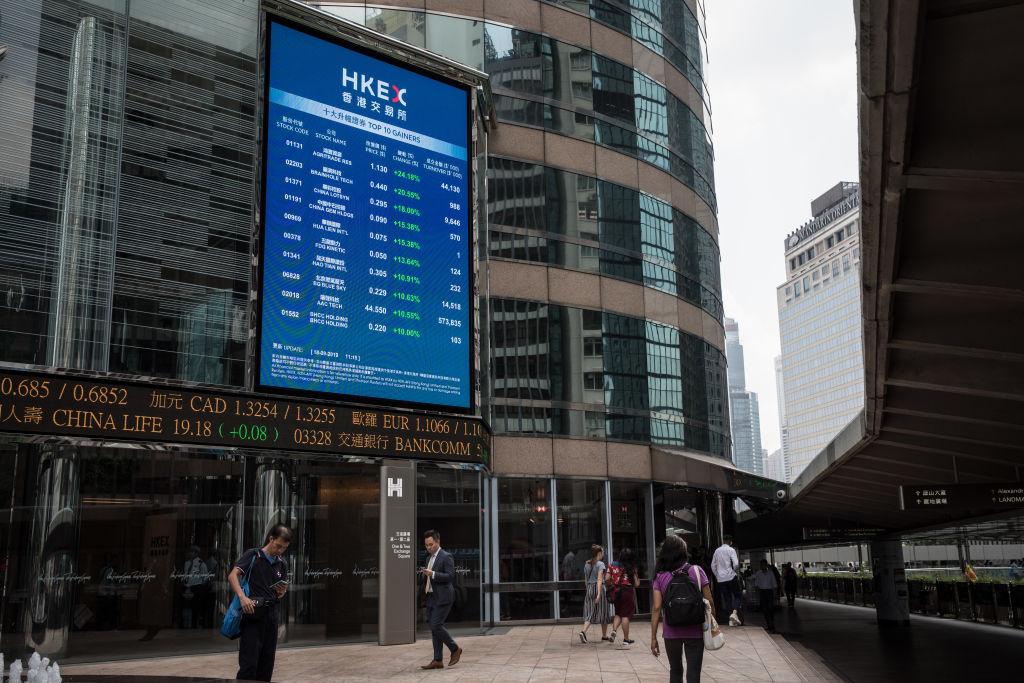Hong Kong’s initial public offering (IPO) market saw the lowest fundraising rate in 12 years, with IPO proceeds in May slumping to less than $140 million, and totaling a record low of $2.21 billion for the first five months of 2022.
Amid the market’s grim outlook, the Hong Kong Exchanges and Clearing (HKEX) plans to establish two international offices, in the United States and Europe, to appeal to more investors abroad, Nicolas Aguzin, HKEX’s Chief Executive Officer, told South China Morning Post (SCMP) during the 2022 Annual World Economic Forum in Davos, Switzerland, in May.





